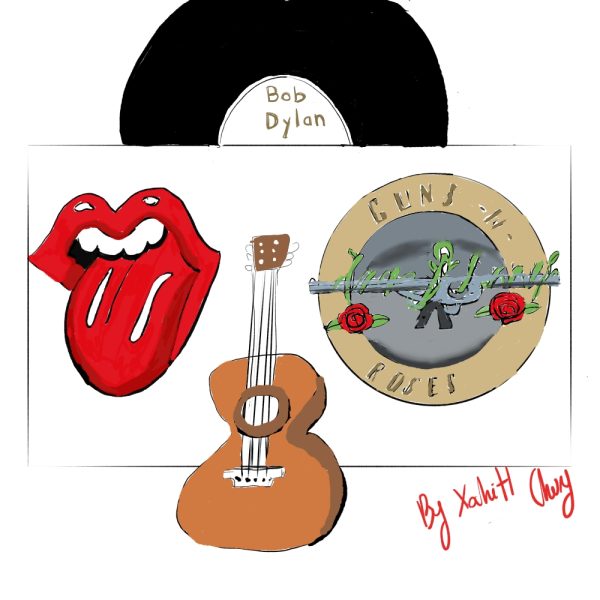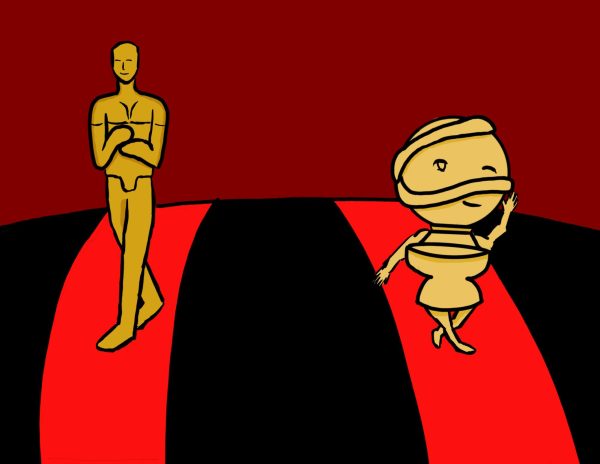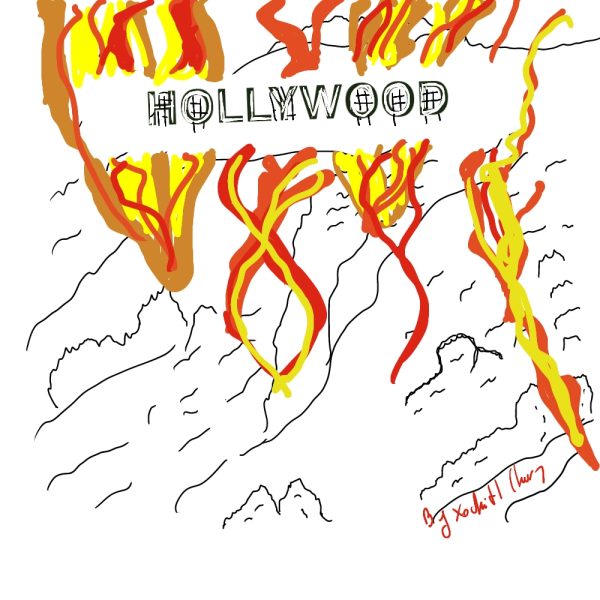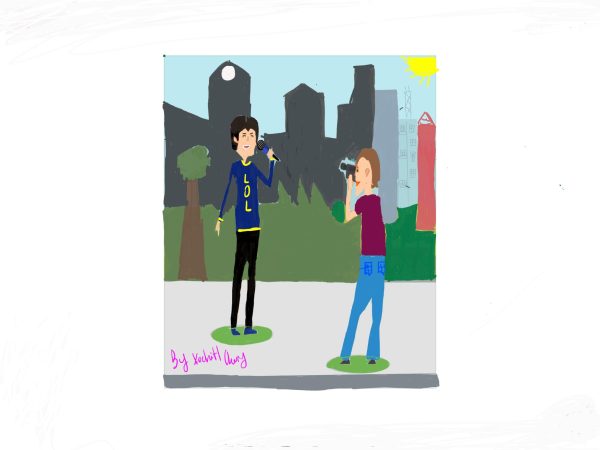Hip Hop legend returns to the scene with a civil rights message
The 11th studio album of rapper-actor-activist Common, “Black America Again,” may have flown under your radar when it was released in early November, but it is certainly deserving of more listeners. Its message of justice for black people in America rings as poignant as the activism of the Civil Rights Movement.
The sound of the entire album feels classic hip-hop. No electronic beats will be heard on any of the songs, and the rhythmic verses blend well with the barren sound. But the lyrics that Common raps are anything but classic.
A few songs speak of love. The creativity and beauty with which Common compliments the particular woman are endearing, but he keeps a respectful and feminist perspective constant in his rhymes. He clearly wants to make this love and this relationship genuine, and the subtlety of his stance is a wonderful blend of music and activism.
What is not subtle is the civil rights message of “Black America Again.” Common speaks to the evolution of institutionalized racism in the United States, and his ability to create and find rhymes with such a specific topic is astonishing and magnificent. As a white person, I have no direct and personal knowledge of the struggle that black people face in America, but Common’s voice speaks to that struggle in a way that makes it approachable and understandable on a human level. The title song exudes the urgency felt by the black community of America for real change. Common explains what life is like in terms of media portrayal and ignorance from politicians in the album’s title track, and lyrics such as “the plantation / mass incarceration” and “instead of educate, they’d rather convict the kids / as dirty as the water in Flint, the system is,” set the bare reality for the suffering. An earlier track, “Home,” encapsulates Common’s message to all who are justifiably upset with the way institutionalized racism continues to cause ignorance and dehumanization towards black people: “You the one that can reach into the black abyss / Stars this asterisk, show em what a classic is / Freedom riders need passengers / And your lyrics use Scriptures and passages / To make them rise like Lazarus.” Those who can help must aid those oppressed to be heard so that change can begin.
Common’s “Black America Again” is a superb album, not just because of its message, but also because of its delivery. Listen to it. Learn from it. And proudly declare its message to anyone that does not want to hear you.
Your donation will support the student journalists of Saint Viator High School. Your contribution will allow us to purchase equipment and cover our annual website hosting costs.







